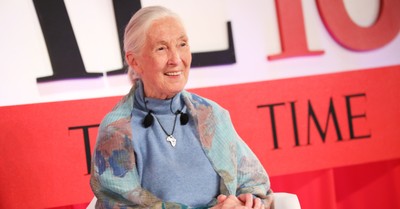
Because our identity drives our actions. So, if you believe you are sinful and unworthy of love, you will act like you are sinful and unworthy of love. You will be driven to make poor choices because you feel like there is no way out and shut out the love from those around you since you believe you are not worthy of it.
But the opposite is also true. If you believe you are loved, kind, healing, and selfless, you will be moved to act like it. Your life will become a reflection of these positive things that you believe about yourself.

















